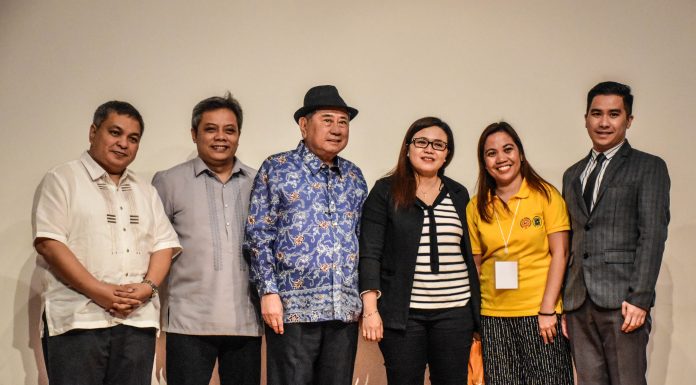POVERTY is both the problem and the solution, said Pope Benedict XVI in his New Year’s Papal message.
“The birth of Jesus in Bethlehem reveals to us that God chose poverty in his coming to be among us. Love for us has moved Jesus not only to become man, but to become poor,” the Holy Father said in his homily at the St. Peter’s Basilica in Rome last Jan. 1.
He added that the Holy Nativity is not just a perfect example of evangelical poverty, but it is also a fundamental school of life for every man.
The poor, who most people are accustomed with according to the Pope, are scourged by pandemic diseases such as malaria, tuberculosis, and AIDS. Almost half of those living in poverty are children who are the most vulnerable victims. He further stressed the debilitating effect of the current food crisis, which he said worsens the malnutrition of children.
Pope Benedict XVI also explained that even rich countries experience poverty, not material, but rather moral and spiritual.
Understanding the essence of evangelical poverty makes it feasible to create a virtuous cycle between the poverty “to be chosen” and the poverty “to be fought,” which according to the Pope, will ease the agony of the many. And by upholding equality, the gap of those who waste much and those who have scarcely enough would be reduced.
Quoting St. Paul who preached to the Corinthians that making oneself poor does not mean persecuting oneself so others would be eased, Pope Benedict XVI clarified that evangelical poverty is sharing the abundance in order to create equality with those in need.
He also stressed that in order to fight both material and spiritual poverty, we must take the path to solidarity.
“It is necessary to rediscover moderation and solidarity as evangelical, at the same time universal values,” the Pope said.
In 1971, the Vatican has established the Pontifical Council Cor Unum, which is tasked to handle foundations that will respond to the scourges of poverty.
Among these foundations are the John Paul II Foundation for the Sahel, which works against drought and desertification, and Populorum Progressio Foundation for indigenous, racially-mixed Afro-Americans and the poor of Latin America and the Caribbean.
Caritas Internationalis, which is also affiliated with the Church now works in 162 countries. Locally, it is also known as National Secretariat of Social Action.
Pope Benedict XVI acknowledged and encouraged everyone in this noble work: “The collaboration of everyone is necessary, because no one can think of building his happiness for himself alone.”
Local voice
Elaborating more on what the solution that the head of the Vatican proposes, Santisimo Rosario assistant parish priest Fr. Lucio Gutierrez, O.P. said that evangelical poverty is finding the treasure beyond material wealth, which is Jesus Christ.
“Evangelical poverty is the poverty of the Gospel, presented by Jesus Christ to His followers,” Gutierrez told the Varsitarian, adding that what is off beam with being poor in today’s communities are the unjust impositions of the rich and powerful such as corruption.
He explained that people can live in poverty by liberating themselves from the desire to possess and the inclination to have. It also helps to be more Bible and community oriented. He stressed that caring for nature and the environment is also necessary.
“A [true] rich person is not the one who has many things; the rich person is the one who does not need,” he said.











